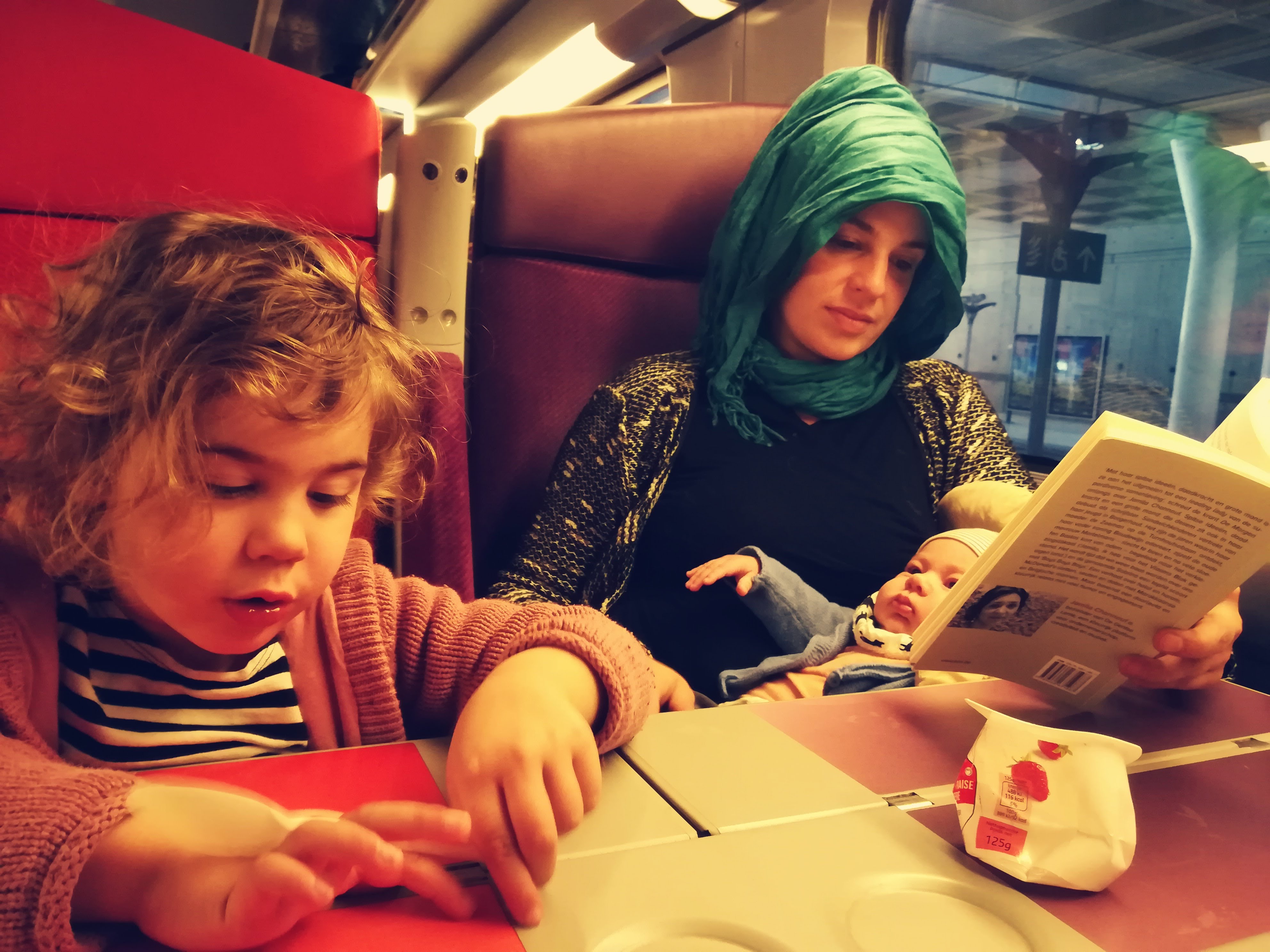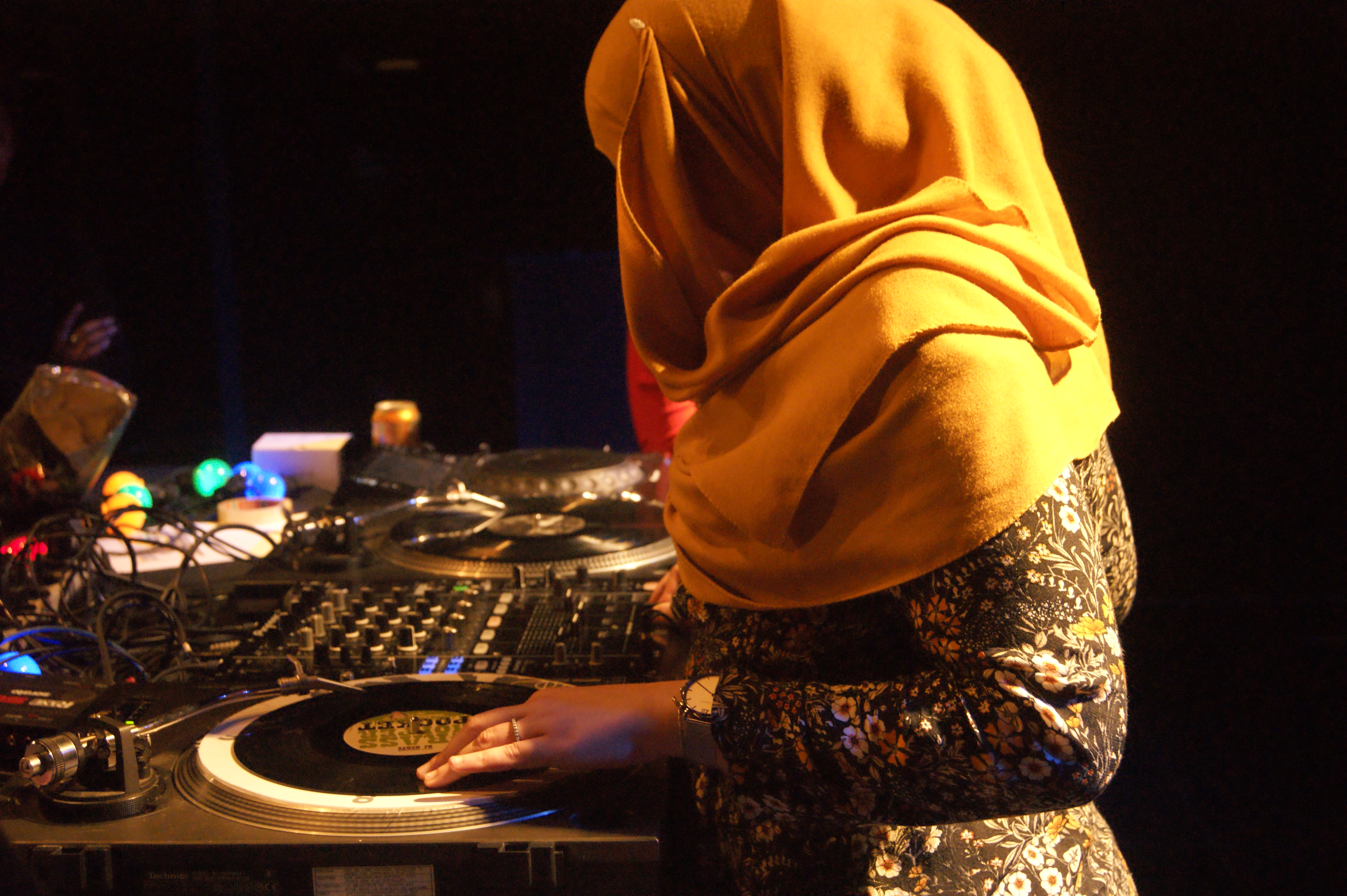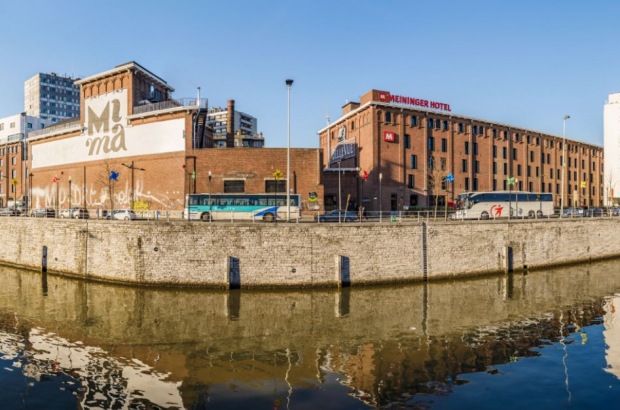- Daily & Weekly newsletters
- Buy & download The Bulletin
- Comment on our articles
A local view of life in Molenbeek, from those who live and work there
With its industrial heritage, edgy arts scene, buzzing gig culture and a diversity of multicultural food in its markets, the growing vibe in Molenbeek could be compared to the rise of Hackney in London and Prenzlauer Berg in Berlin.
It’s a relatively poor working-class area of the capital. Unemployment and petty crime rates are comparable to those of Anderlecht and Saint-Josse, and it has a similar history of offering affordable housing to successive waves of migrants, from other poor parts of Belgium or abroad. It’s home to around 95,000 people of varying nationalities, but the most talked-about are the Muslims, mainly from North Africa, in lower Molenbeek. They are the most visible, making up 25-40% of the commune’s population.
You might not have known this. But you will undoubtedly have heard Molenbeek labelled a ‘seething terrorist hotspot’ or similar, by the more right-wing, populist factions of the government and media when the perpetrators of bombings in Paris and Brussels in 2015 and 2016 were linked with the area. So what’s it really like to live and work in the area, overshadowed by this reputation?

“The whole North African Muslim community in Molenbeek has been vilified since then, and this is just not right,” says Greet Simons, who manages arts workshops and school projects and teaches how to DJ at the local cultural centre, De Vaartkapoen, or VK. “National and international press took over the area after it happened and interviewed us all, but they came with a particular mindset or agenda, and nobody wrote up what we said or how we felt.”
Her colleague Najat Sakali agrees. “These were appalling acts. Each community has its share of bad people. That’s nothing new. But to suspect everyone in an area smells of racism,” she says. Of Moroccan descent and a Molenbeek resident for 12 years, she has worked at VK for the past two as an administrator and DJ guru.
Having lived in several Brussels communes, Simons particularly values Molenbeek’s family-friendly vibe. “People are open, friendly, curious,” she says. “And people in snack shops have helped me out, when I was out cycling and one of my babies suddenly got sick.” Despite feeling at home in Molenbeek for seven years, Simons and her husband have recently moved to the neighbouring commune of Berchem-SaintAgathe with their two small children. This was not about the commune’s reputation, she says, but its education. Molenbeek has a shortage of nursery and primary school places, and working with children up to the age of 12, Simons finds the level of bilingual teaching in Molenbeek “very poor”.
“Kids struggle to speak both national languages from an early age, which in the end makes them unemployable,” she says. She would like to see an immersive system in place, with half the classes conducted in French and half in Dutch. “In theory it’s doable, but in practice it’s too political.”
Yams Raden, a 24-year-old currently finishing his degree in pedagogy and training to teach history, geography and social education, also finds education to be a big problem in the area. Born in Brussels to Algerian parents, Raden came to live in Molenbeek when he was two.
“At high school, there was a lot of institutional racism, with white teachers pushing us kids with immigrant backgrounds towards more manual subjects,” he says. “We were constantly being made to feel like second-class citizens. There was a great deal of frustration. There were those kids who could handle it and those who couldn’t. A teacher at my school was actually fired for racism.”
It has driven Raden to pursue teaching as a career. “With the stigmatisation [of Molenbeek], I see it still happening. I worry for my younger siblings. They need strong role models to look out for them and offer up new perspectives on what they can do in life,” he says. “Molenbeek is still a poor neighbourhood, with all the socioeconomic problems that go with poor neighbourhoods, whatever colour or religion people are. It needs investment.”
Raden, Simons and Sakali all say that a young man living in Molenbeek with a discernible Muslim name on his CV is far less likely to be called for a job interview than one with comparable qualifications but a French or Flemish name. Sakali feels young women with good qualifications get a better response, unless they are wearing a headscarf. “I get a lot of prejudiced comments for wearing a headscarf covering my hair when I’m not in Molenbeek,” she says.

Beyond rejecting stigmatisation, residents also have powerful, positive stories to tell. Take Christa Ndikumana, whose parents came to Molenbeek in the 1990s. Her father was a medical student in Burundi and was awarded a scholarship to continue his studies in Brussels. Molenbeek was an affordable place to live and Christa was born there two years later, spending the first six years of her life in the commune. “I have my happiest childhood memories in Molenbeek,” she says.
But after six years they moved to the north of Brussels. “The apartment was getting too small for a second child, the political situation in Burundi was becoming unstable and family thought it would be safer to stay in Brussels, but Molenbeek at the time had a lot of troubled kids burning cars on the streets. They wanted to get to a safer part of Brussels.” She returned to Molenbeek in 2015 to take up her first job, managing socio-cultural activities with women in their 50s and 60s, after graduating with a master’s in public health from ULB. “They are incredible women,” she says. “They’ve been through so much in their lives, yet they are giving it their all, trying to do something for Molenbeek, whether it was cooking or taking care of kids, spreading love.”
It has made Ndikumana question her own way of life. “Walking around, hearing the variety of languages has made me question why I haven’t done more to learn my parents’ language and keep my culture alive,” she says. “I realised I had always been trying to fit in to an elitist society up until then. In Molenbeek I am accepted for who I am without having to justify myself.”
She sees no need to apologise for her roots. “For me, Molenbeek is a place where you can be proud of where you come from.”
This article first appeared in The Bulletin spring 2019



















